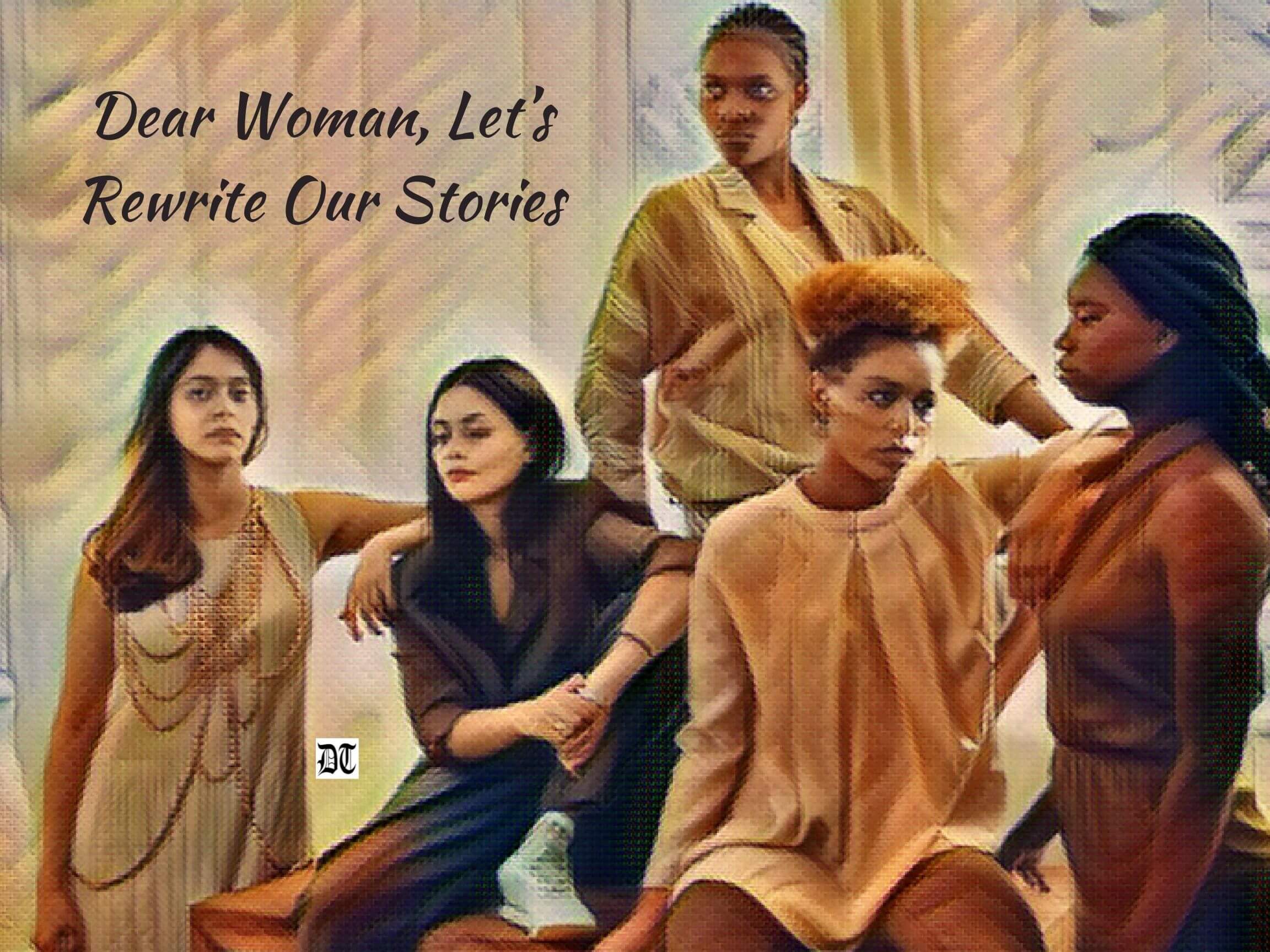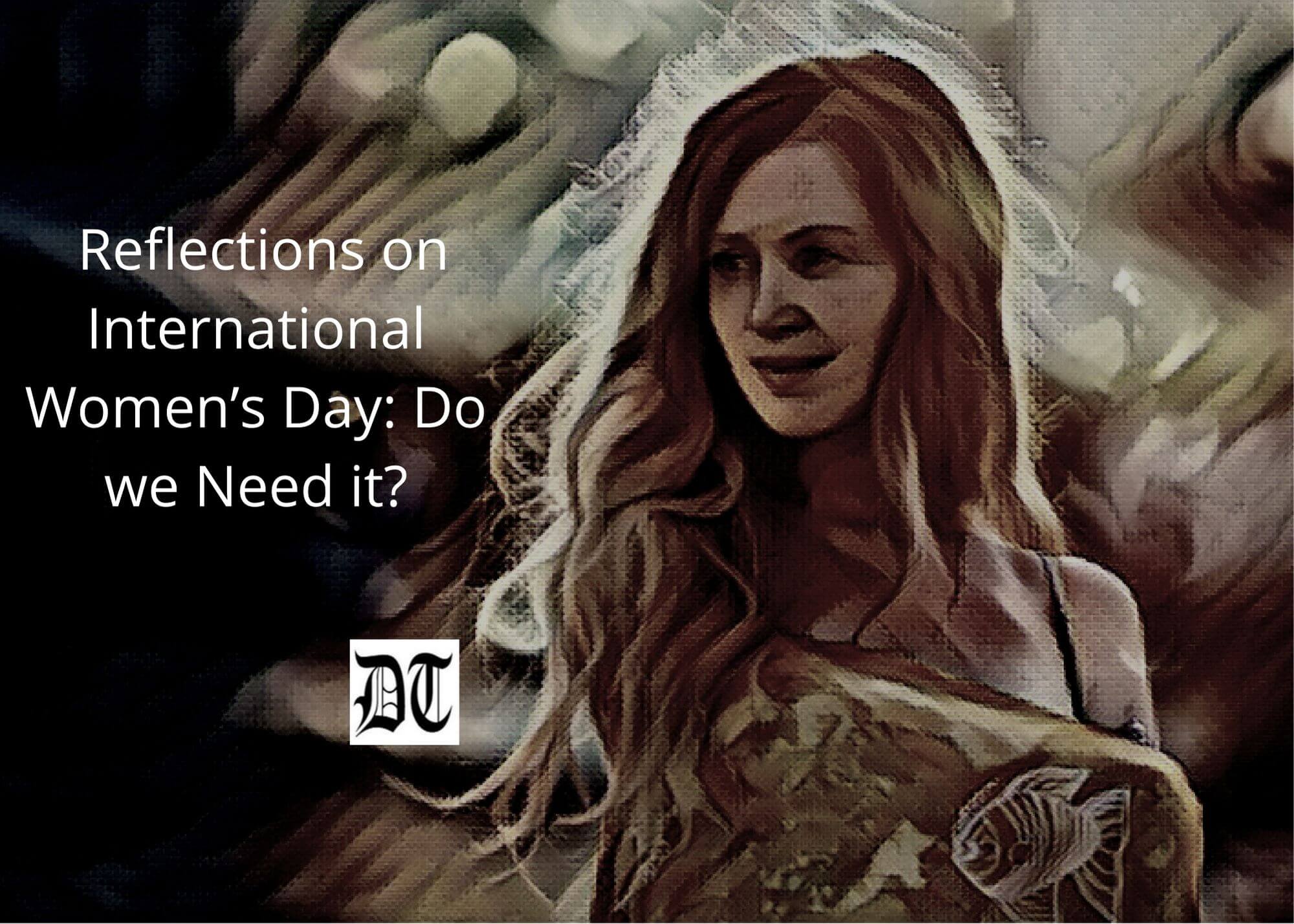Feminism has many layers of meaning. Tooba critiques it, saying that with concepts like feminism, it is sad that much of what it never stood for is now attributed to it. Read more in Different Truths.
If you are a young woman of this century, especially in a country like ours, it’s most likely that you have some time or the other deliberated on the issue of women’s progress (or lack thereof). You have been asked about feminism, and you have found yourself explaining shades of it that other people did not attach to it. Because, of course, the idea of progress changes from one individual to another. But this personal edge to the meaning should not distort its essence. For instance, with concepts like feminism, it is sad that much of what it never stood for is now attributed to it.
If you go around asking people (men and women) what their understanding of feminism is, most of them go into long tirades against men and their ways. It would appear that feminist ideology is nothing but a stance of sheer aggression against all that is masculine- a battle between the genders if you will.
But, if you care to read the history of the birth of feminist thought, or, forget technicalities if you for once go beyond this surface scuffle, you’d come to realise that feminism, in its entirety, is so much more than that.
To me, it isn’t donning unconventional attire, it isn’t marrying late or not marrying at all, it isn’t picking all the shopping bags yourself, or kick-starting the scooter yourself, no matter what. The idea of feminism lies (or should lie, I feel) in the choice available to women in all this. If marrying early is a woman’s idea of happiness and she pursues it, then let not society brand her as unenlightened or anti-feminist. If marriage is something she does not desire altogether, then let her find her happiness in that. To repeat: progress inheres in the idea of free will.
Secondly, while assessing terms and movements like feminism, we often commit the blunder of looking at all of ‘womankind’ by a singular lens. What is needed rather, is an acknowledgment, a wholehearted acceptance of individualism in women too. That ‘women’s issues’ can be (and are) different for different women – of different nationalities and ethos; that oppression does not have one consistent face all over the planet, it manifests itself in radically different ways all over.
Also, men need to shed off the attitude of ‘otherness’ they have cultivated where women are concerned; that ‘curtain of unfamiliarity’ when they speak of women. It is as Simone de Beauvoir said, sex is something we are all born with, gender, on the other hand, is a societal construct. Strip men and women of their gender roles, and you shall be left with the same beating hearts. As a contemporary writer puts it,
“Feminism is about understanding that sexuality is not a scale you measure personalities against.”
All this, of course, is not tantamount to a lack of struggle. I do not advocate for passivity. But, if we want to be zealous, let us be zealous in celebrating all that’s ‘feminine’, instead of just disparaging the ‘masculine’.
Yes, we women need to get back the fair share of progress that society has hitherto misappropriated from us. Higher education, political participation, and marital laws are still issues for us. But true success in all of these entails a true understanding of our own selves and of what we are fighting for.
Picture design Anumita Roy
#Feminism #Struggle #BattleOfTheSexes #UnderstandingFeminism #OriginOfFeminism #FreeWill #NextGen #DifferentTruths





 By
By
 By
By
 By
By